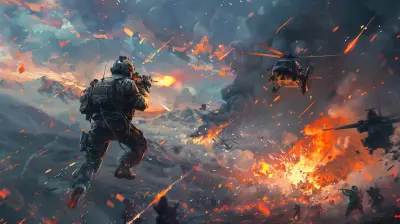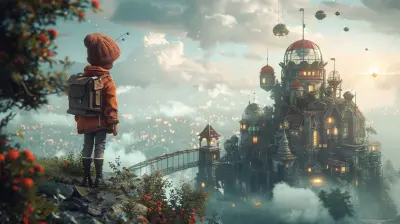What You'll Learn From Failing Hundreds of Times in a Game
12 October 2025
Let’s be real for a second: losing in a game sucks.
You’ve tried the boss fight for the 47th time. Your hands are sweaty. Your eyes are bloodshot from the screen glare. You've memorized every move the boss makes. And still... you die again.
But here's the truth no one talks about enough: failure in gaming is actually one of the best tutors you’ll ever have. And by the time you’ve racked up hundreds of defeats, you've picked up way more valuable skills than you realize—not just for gaming, but for life.
In this post, we're diving deep into what failing over and over in a game really teaches you. It’s more than just “git gud”—it’s about grit, growth, and gaining a new perspective.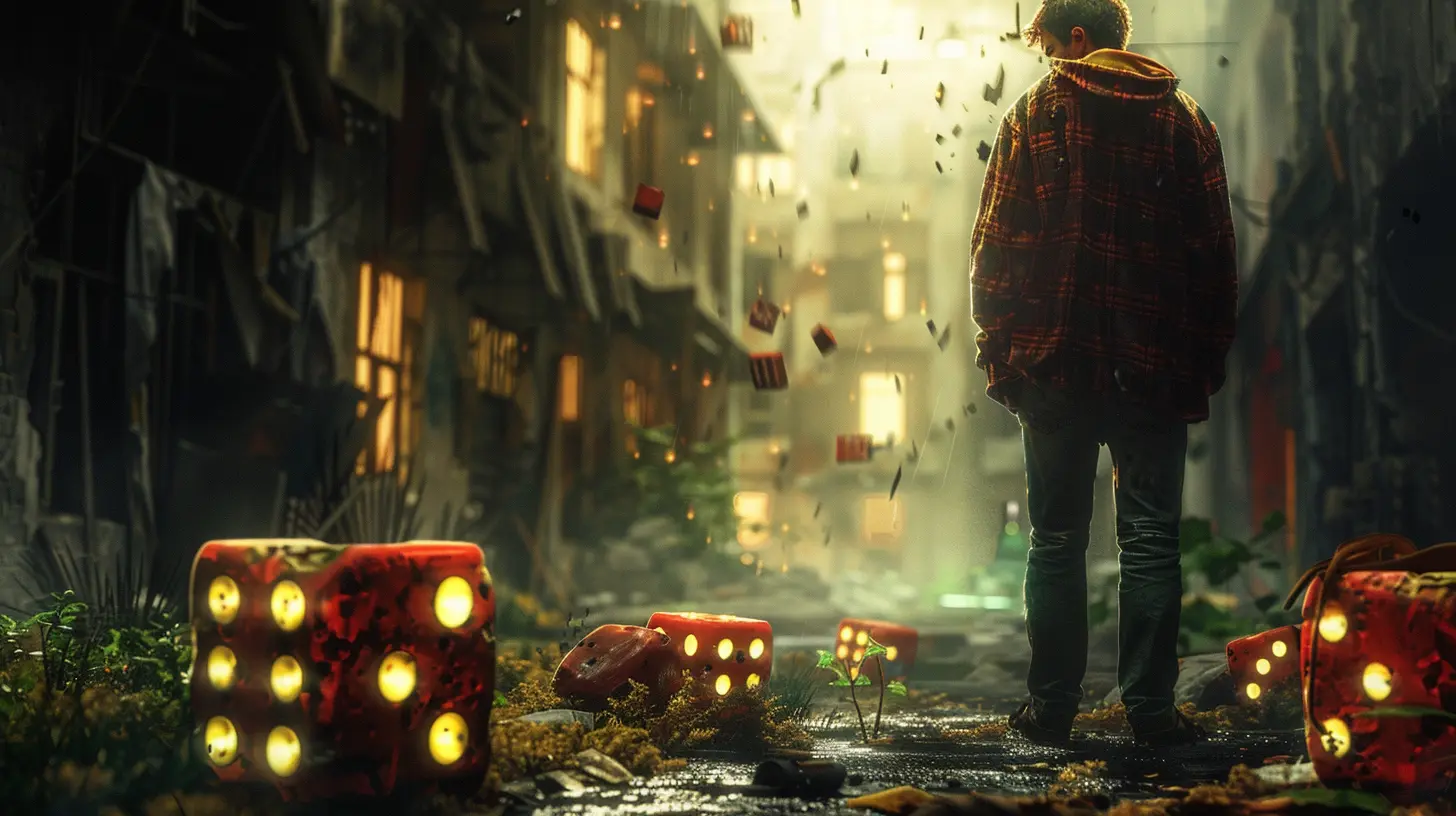
🎮 Failure in Games Isn’t the End—It's the Beginning
Let’s start by flipping the script.In the real world, failure often comes with judgment or consequence. In gaming? It’s part of the design. Those hundred lives lost? They're invitations to keep trying. They're built-in learning loops disguised as frustration.
When a game punishes your mistake, it isn’t trying to humiliate you. It's coaching you. And the more you fail, the sharper your gameplay instincts become. It’s like going to the gym for your brain and reflexes.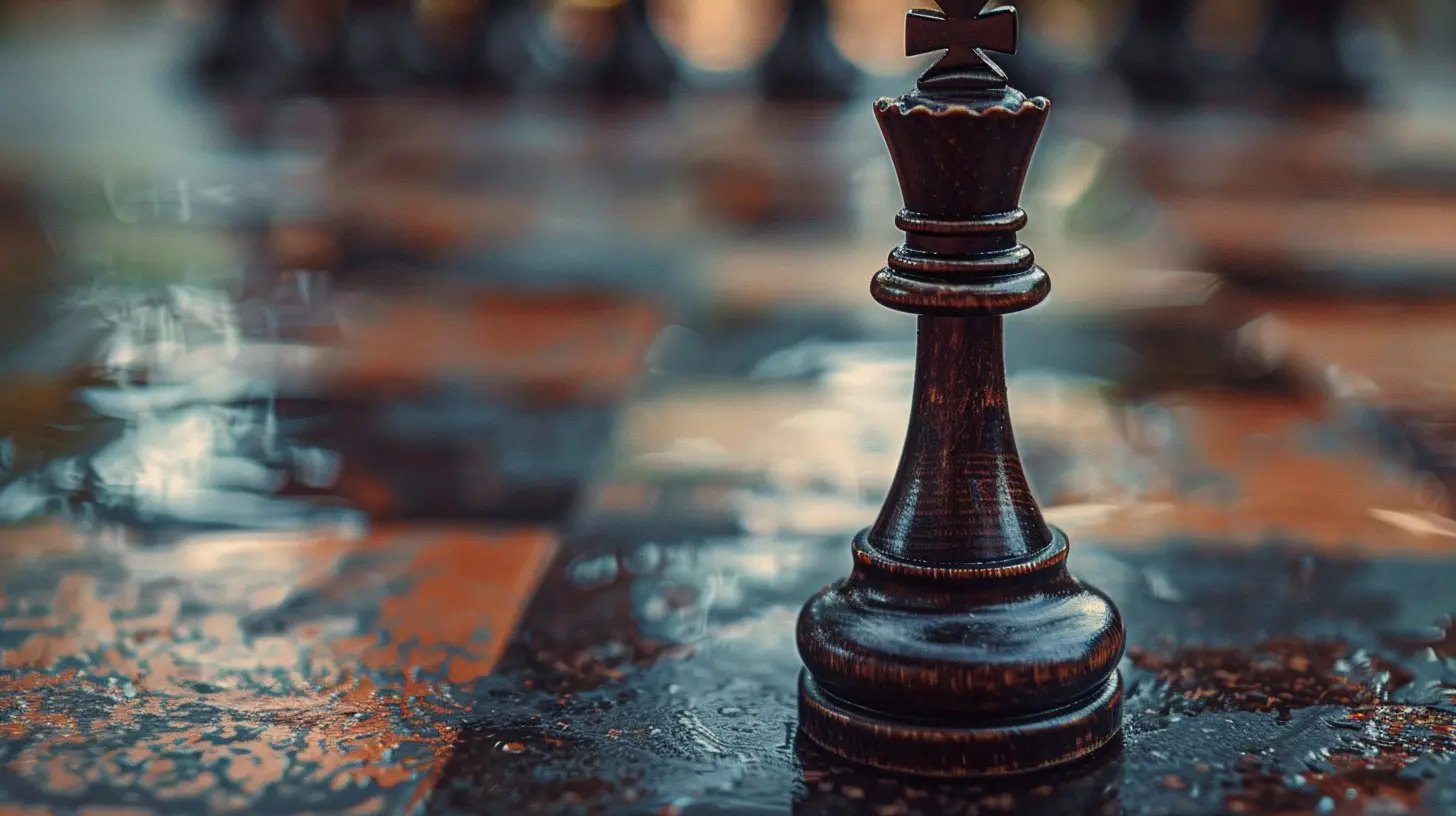
🧠 You Learn the Art of Problem-Solving Under Pressure
Ever notice how, after failing 89 times in a row, you suddenly discover a new trick?Maybe you figured out the perfect time to dodge.
Maybe that hidden path you ignored is actually the key.
Maybe you finally timed that jump just right.
This is strategic thinking in action. Failing forces you to:
- Re-evaluate your approach
- Try new tactics
- Pay closer attention to patterns
You become a mini detective, working through trial and error until you crack the code. And that’s a skill you’ll carry everywhere—from solving real-life problems to handling stress at work or school.
🔥 Persistence Becomes Your Superpower
You know what separates average gamers from legends? They didn’t rage-quit after try #25.When you’ve failed hundreds of times, you're developing mental stamina. You're rewiring your brain to resist giving up. You push through frustration, breathe through the tension, and keep trying until it clicks.
That’s more than just “dedication.” That’s grit.
And guess what? Grit is one of the biggest predictors of success in literally everything—whether you're learning guitar, studying for exams, starting a business, or leveling up your rank in a competitive game.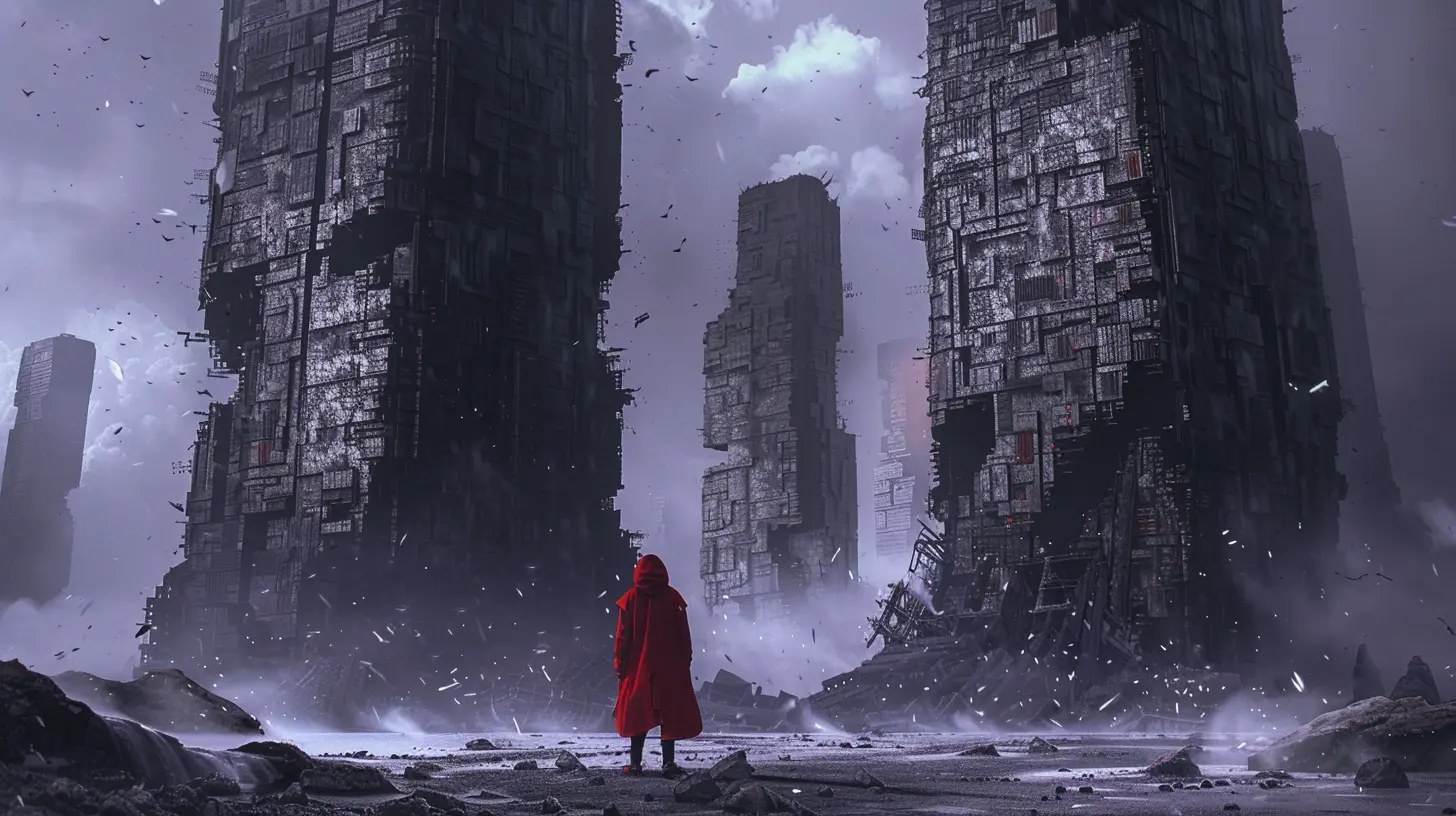
🕵️♂️ Pattern Recognition Becomes Second Nature
If you've ever played a Souls-like game or tackled a bullet-hell shooter, you already understand this.After enough failures, patterns pop out like neon signs. You start seeing the rhythm in enemy attacks, anticipating movement like a psychic. Your brain starts connecting dots faster with every death. And suddenly—you’re not reacting anymore, you’re predicting.
Every failed attempt sharpens this instinct. You're not just playing a game anymore; you're downloading its logic into your mind.
🧭 You Develop Unshakable Focus
Let’s not gloss over this.The level of concentration needed to go through the same challenge again and again—without checking your phone, throwing your controller, or giving up—speaks volumes.
Failing hundreds of times in the same game teaches you deep focus.
That insanely long platforming section? One slip and you're toast. You have to be in the zone. There's no room for distraction. You build tunnel vision when it matters—and that’s rare in an era where attention spans are tanking faster than your in-game health bar.
😤 You Get Comfortable With Discomfort
Let’s face it: failing over and over is uncomfortable.It stings your pride. It frustrates your soul. But it also builds emotional muscle.
You grow comfortable being uncomfortable. You stop fearing failure. You stop making it personal. Instead of yelling, "I'm terrible!" you start asking, "What can I do differently next time?"
This shift in mindset is a game-changer (pun intended). In life, most people avoid situations where they might fail. But you? You lean into them. Because you’ve already trained for this.
🛠 You Learn To Value Mastery Over Quick Wins
In today’s world of instant gratification, failing repeatedly in a game teaches you patience.Think about it—you’re putting in dozens of hours, not for a flashy reward, but to finally take down a boss, beat a level, or finish that impossible platformer. There's no shortcut. No cheat code (well, unless you Google it).
You learn to appreciate the journey. You savor progress. You don’t just want to win—you want to earn it.
That’s the heart of mastery: slow, intentional growth.
😎 You Build Real Confidence (Not Fake Ego)
Here’s an underrated perk: confidence born from failure is real, unshakable, and deep.When you've failed 100 times and still shown up for the 101st, you prove to yourself that you’re tough. You’re resilient. And when you do win? That joy is authentic, because you know you’ve earned it.
It’s not cockiness—it’s self-trust.
This kind of confidence spills over into real life. You believe in your ability to figure things out, no matter how long it takes. And that? That’s powerful.
🕹 You Start Enjoying the Process More Than the Outcome
Sounds weird, right? But ask any die-hard gamer who’s failed hundreds of times: the journey becomes part of the fun.You stop chasing the end and start enjoying the learning curve. Every mini-improvement feels like a personal win.
- Survived longer than last time? Win.
- Got the boss down to half health? Progress.
- Landed that move you kept missing? Sweet.
These micro-wins boost your morale and keep you engaged. Suddenly, you're not just playing to win—you’re playing to evolve.
💬 Failure Becomes A Story Worth Sharing
Let’s be honest—no one talks about the easy wins.What gets remembered are the war stories:
- That boss fight you finally beat after 6 hours.
- The one jump that took you 117 tries.
- The game that almost made you quit, but you came back stronger.
Failing hundreds of times gives you stories. Battle scars. Bragging rights.
And in the gaming community? Those stories connect you to others. They spark conversations, friendships, and laughter. No one bonds over a flawless run—but everyone relates to struggling and finally overcoming it.
🤯 You Start Applying These Lessons In Real Life (Without Noticing)
Here’s the wild part: all these habits and traits you’re building through repeated game failures? They don’t stay in the game world.You start:
- Tackling real-life problems with more patience.
- Bouncing back from setbacks faster.
- Handling criticisms more constructively.
- Approaching goals with a strategic mindset.
Games, in this sense, become life simulations. Every failure trained you, even if you didn’t realize it at the time. You’ve been evolving—just like your favorite characters.
🧬 Final Thoughts: Failure Is The Cheat Code to Growth
Nobody likes to fail.But in gaming, failing isn't a flaw—it’s a feature. It’s the grind that fuels the glow-up.
Every missed jump, every untimely death, every rage-quit moment—they're all part of your training arc. By failing hundreds of times, you level up mentally, emotionally, and strategically.
So the next time you’re stuck on level who-knows-what, and you’re this close to giving up, remember this: every failure is a brick in the foundation of your skill.
And when you finally succeed... it’ll be worth every single fall.
all images in this post were generated using AI tools
Category:
Game ChallengesAuthor:

Stephanie Abbott
Discussion
rate this article
2 comments
Spike Ford
Great article! It’s so true that failure is just a stepping stone to success in gaming. Each defeat teaches us something new and helps develop our skills. Embracing those “oops” moments makes the victories even sweeter. Keep up the inspiring content!
March 4, 2026 at 4:19 PM
Emily Daniels
Great article! Embracing failure in gaming truly shapes our skills and resilience. Each setback is just a stepping stone to ultimate victory! Keep gaming! 🎮
October 12, 2025 at 2:54 AM

Stephanie Abbott
Thank you! I’m glad you enjoyed it. Embracing failure really does enhance our skills and resilience in gaming! Keep playing and learning! 🎮
